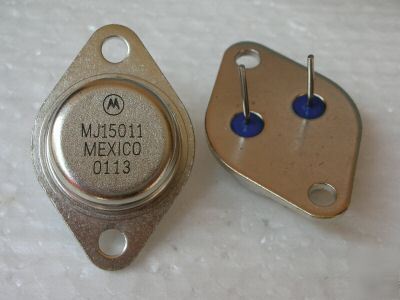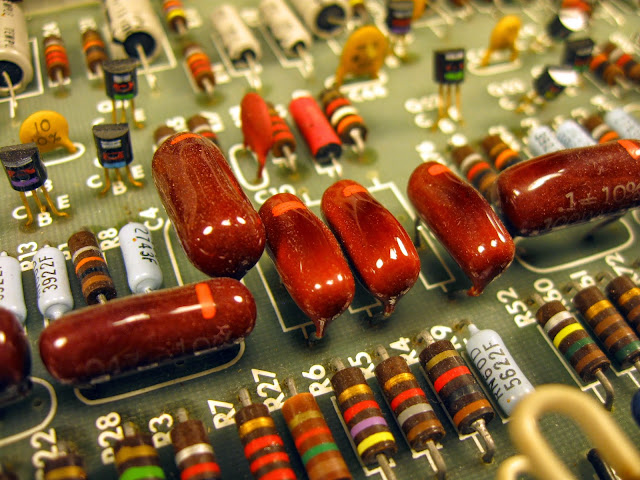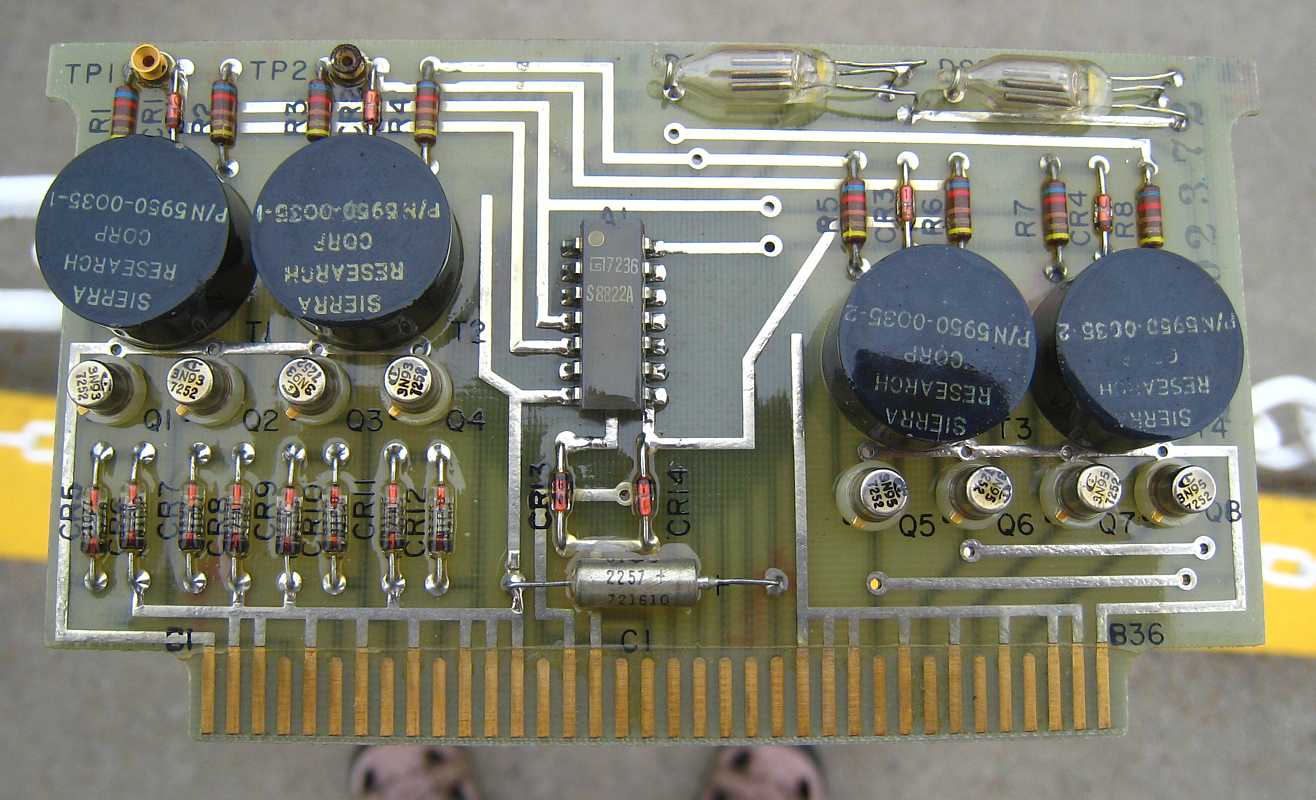guss4113 - First off thank you for the compliment, I learned a long time ago that respect is earned and not granted, so thanks again. I was lucky in that my grandfather owned a small radio/tv repair shop in Los Angeles in the 50's and 60's. I started studying electronics in the 60's and 70's. My chosen specialty was Avionics (electronics as it is related to the Aviation/Aerospace industry). I spent six years in the Navy (late 70's and early 80's) as a Flight Engineer and telemeter/sensor development Engineer at Naval Weapons Development Command Point Mugu Calif. I was hired by Continental Airlines directly out of the Navy. It was at Continental I learned and utilized my electronic background the most. I started my own Construction & Landscape Company while still with the airline. So I spent over 20 years in electronic and I have been out of the field for another 20 years.
I can honestly say I have learned more and enjoyed myself more trying to learn how to correctly reduce waste (commercially generated waste). That is going to be my last working effort and I think it means more (to me anyway) than all that crap above that has a value of $0.25 to me now (I did get a good retirement). I resent the corporate greed that grew into the worlds largest airline with the Continental/United merger. Greed that made already very wealthy men, more wealthy using employee pension plans to fund a airline "that's to big to fail".
Now lets talk about your gold. How did you determine this circuit board is 20 years old? As just looking at it I think maybe a 70's circuit board. I based that on the material the board is made from, I see no printing, the type of resistors/capacitors and the hand soldered traces on back of circuit board. There are only the four discrete devices, the one TO-3 Motorola 2n176 power transistor and three TO can type packages. The TO-3 in your picture 2N176 is the transistor type, the 2-40 is the date code. I'm not 100% sure, but think that is 1972 40th week (October 1972) still looking on that. TO is the industries designator code for a "package" type, stands for Transistor Outline. There are many TO package devices (TO-1, TO-3, TO-5, TO-18, TO-72, TO-92, TO-220, TO-247 etc.) these are discrete device. Not all TO package devices are transistor either, they use TO packages for diodes and other IC devices, with pin configurations of (2, 3, 4, 8, 10 and 12).
Motorola started researching and development of transistors one year after Bell Labs announced the first laboratory transistor in 1947. Motorola released the first commercial production transistor in 1956. That first production transistor was the 2n176 a germanium power transistor and by early 1957 Motorola was making more than half of all transistors made! Motorola made the first TO-3 transistor. As far as gold content, hard to say about percentage of gold content without determining age of circuit board, and type of devices, more important as far as I'm concerned, it's the intended use, application and environmental needs. You can't really say those three little can packages have gold plated pins, from that "aerial" photo. I can't even say what type of TO package for certain (TO1, TO5, TO18, and TO72 are very similar in size). They can be verified by examining the "pin out" and TO1's have no tab. The can diameter and height can be also measured to help determine TO types. They build electronic devices by grade classifications and circuit requirements and part numbers have similarities, other companies obtain licensed to build devices with same part numbers or build their own similar device with a lot of suitable substitutes available.
Electronic devices are built similar to cars, in that there is different model types. Just as cars have model differences so do electronic devices. There is a basic production model, a high end model and maybe two models in between high and low models. What's more valuable a 67 Camaro sport coup or a 67 SS Camaro? Would you try to determine those two cars by just a "aerial" photo? You could maybe determine they are both old and nice to have cars, but not true value.
You have a pre 1985 circuit board with low population that has more gold content then a low density circuit board made after 1994. The devices may have gold applications on the inside of device, so if there's no visual gold plating on outside, doesn't indicate there's no use of gold. Outside gold plating is a good indication of a higher gold content!

This is a TO-3 Motorola transistor used in the 70's and 80's. They are much more expensive than a smaller plastic TO-220 transistor that by the 90's was used to save on production cost. TO-3 transistors are still used because they have a cooling advantage. There's more TO-220 with a aluminum heat sink attached used today.

This is a circuit board used in late 70's (Bose 901 equalizer). Almost same type of circuit board as yours, same style resistors too! The transistors are plastic with gold pins, much cheaper than a TO metal can package.

This is a military grade circuit board (made 1972 to 1973) with eight TO-72 dual emitter transistors (3N93 and 3n95) four gold plated leads (notice the gold tab). Just to keep this thread going about tantalum capacitors. C1 is a tantalum capacitor (solid tantalum cathode hermetically sealed) with $20 to $23 scrap value per pound.
As Dr. Holmes one of my college professors said to me "electronic devices are only going to get smaller, faster and cheaper", that was 1981. It helps to determine scrap value of
E-waste, by thinking about the changes in electronics, what you have seen in your own life. We all know that today's high-performance electronic gadget we just purchased, will be replaced with a newer gadget, that does more for us, with greater performing functions and a marketing pitch that suggest we need now! Still expensive PM's are used in electronics (more gold now is used than even 10 years ago), mostly due to number of units sold (everyone has high tech. devices now). The other high PM use electronics is in devices where lives and money determine the "need" to use over the cost to use factors (medical, military, transportation, communication, environment, research, testing) is why high gold content will almost always be needed.
Can you read the part numbers on those three metal TO devices? Are maybe give me the diameters and height dimensions? Those ceramic caps should also have ID info, I'm looking for date codes specifically. Hope this helps you.


























































































































Bookmarks